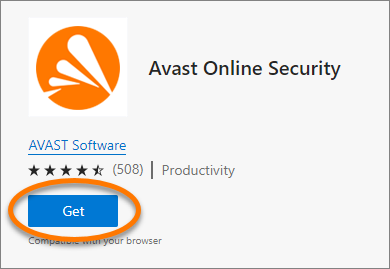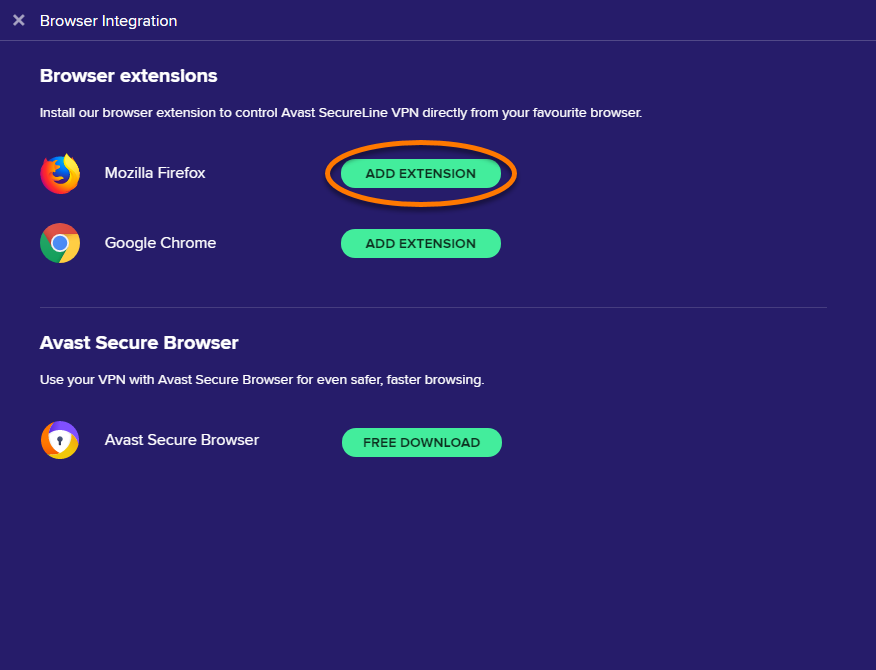


Then click on Customize shown for the Web Shield module.

Trying to access even the known secure sites like Google and Yahoo showed me expired or invalid certificate errors. Assuming it to be some malware attack, I scanned all of my hard disk with avast! antivirus, and then with Malwarebytes’ Antimalware but could not find anything. After thirty minutes had been spent, I finally started to go through the avast! settings and figured out the culprit – avast! was set to scan HTTPS traffic and was injecting its own SSL/TLS certificate in place of the original certificates of different websites. I could no longer access any of the websites over the HTTPS protocol. As soon as I installed the new version of the avast! antivirus on my Windows 8.1 PC, I started to have a strange problem.


 0 kommentar(er)
0 kommentar(er)
